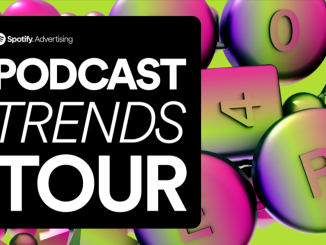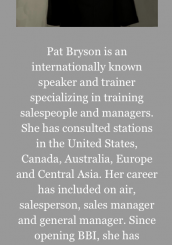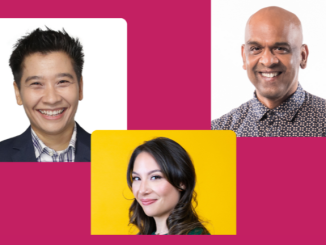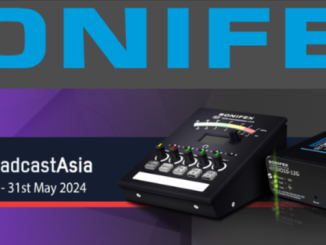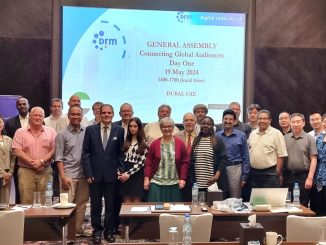
DRM General Assembly concludes in Dubai
The DRM General Assembly 2024 (May 19-20) was held for the first time in its history at the crossroads of East and West, in Dubai, May 19-20. This allowed new members from Europe and Middle East and key participants from India, China, Indonesia, Canada and Europe to meet and link to other virtual guests in places like South Africa, other African countries, Myanmar and Australia.Among the highlights of the DRM GA were the presentations on DRM developments in India, Indonesia, Pakistan, South Africa and the latest from China.The status of digitisation in India, where the government decision on the FM digitisation is eagerly awaited, and the comprehensive presentation from the ministerial representative in Indonesia, a country which has gone for a dual open standards solution, were of the highest relevance. The joined Chinese document issued by the National Radio and Television Administration, Ministry of Industry and Information Technology and State Administration for Market Regulation was presented again in this forum. In this government document the three administrations, it was explained, will actively guide and promote car manufacturers to implement DRM in medium band band in China.The interest in DRM in China was also mentioned in relation with the CCBN broadcasting professional Exhibition (April 2024) where the in-car digital radio solutions also became a topic of interest. NXP, Nautel, Fraunhofer IIS, Gospell, RFmondial, Starwaves were present with their latest at CCBN, as well as in Dubai.The most anticipated season at the DRM General Assembly was the receiver session. Companies like CML Micro and Cambridge Consultants (UK), BBC, Gospell (China), Starwaves (Switzerland), RF2Digital (S. Korea), Inntot (India), Skyworks (US), OptM Media Solutions (India), many in cooperation with NXP, Fraunhofer IIS and RFmondial, covered the whole range of options from chipsets, modules, kits of equipment, antennas, professional receivers, standalone radios, new and aftermarket car receivers, public announcements boxes, antennas, monitoring receivers etc. The variety of receiver options and modules for DRM in all bands, as well as the solutions combining DRM with other standards, was the highlight of this rich and varied session.Of particular interest was the announcements of the availability of the complete Digital Radio Mondiale (DRM) CML Micro and Cambridge Consultants DRM1000 module that will enable consumer radio manufacturers to provide communities with low-cost, low-power DRM radio designs which should connect them directly to the digital age.The geographic and receiver updates, the new companies’ (Assendive, DAC System, SpaceLine) and the established companies’ (BBC, Encompass Media, Fraunhofer IIS, Gospell) news and the strategic discussions to inform the direction of the DRM activities in 2024-2025 rounded up a very informative and successful General Assembly.“It was a unique event that brought together a truly global audience whose increased interest in DRM was palpable”, says DRM Consortium re-elected chairman, Ruxandra Obreja. “We enjoyed providing good and comprehensive answers to the question on the future of DRM receivers. The varied solutions exist, as amply demonstrated during the GA. DRM can provide not only pure DRM receiver solutions for cars, mobiles and standalone but also solutions for receivers with a combination of standards recommended in several big countries.” […]

